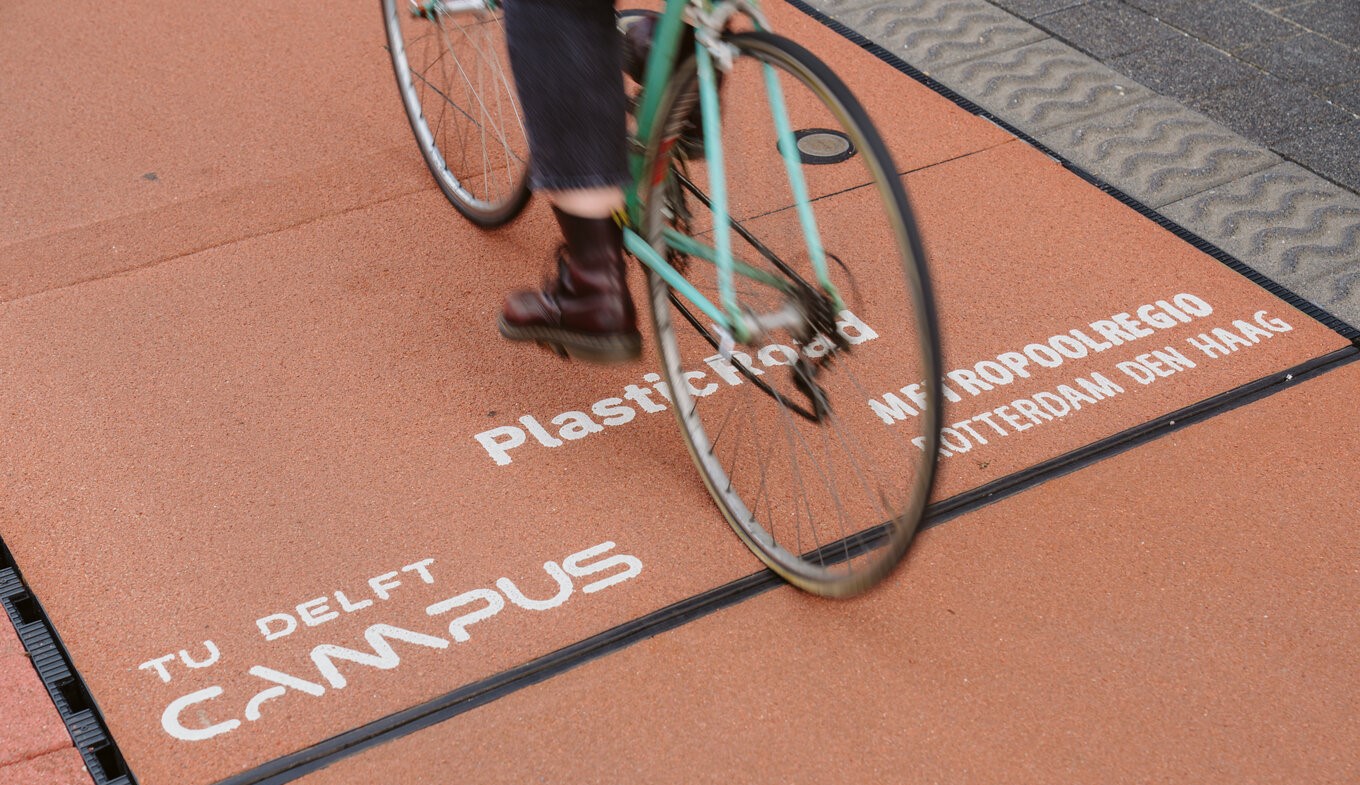
Innovative Cycling Research: TU Delft Bicycle Lab - Aug. 8, 2024
At the forefront of cycling innovation, the TU Delft Bicycle Lab of the Delft University of Technology utilize bicycles. This article delves into the cutting-edge research and advancements made by the lab, highlighting its impact on cycling safety, design, and future mobility solutions.
The TU Delft Bicycle Lab, part of the Biomechatronics & Human-Machine Control Group, is a hub of pioneering research in the science and engineering of bicycles. The lab focuses on vehicle dynamics, improving bicycle design, enhancing athlete performance, and advancing transportation safety.
Smart Cycle Paths
One of the lab’s groundbreaking projects is the development of an intelligent cycle path on the TU Delft campus. This innovative path is embedded with sensors that monitor the movement of cyclists and pedestrians, providing valuable data on road user behavior. The pilot project also explores distinguishing various forms of micromobility, such as e-scooters and cargo bikes, offering insights that urban planners can use to enhance traffic management and safety.
Another significant area of research at the lab involves studying interactions between cyclists and autonomous vehicles. Using a 3D virtual reality model, researcher Yan Feng investigates how cyclists react to autonomous vehicles in different scenarios. This research aims to ensure safe and sustainable coexistence between cyclists and self-driving cars in future urban environments.
Stability and Safety Innovations
The lab has also developed a prototype bike with smart steering assistance to reduce the risk of falls, also in view of an increasingly ageing population. Research shows that 20-30% of serious bike accidents in the Netherlands are single-vehicle incidents. By improving bicycle stability, the lab hopes to decrease both minor and fatal accidents, contributing to safer cycling experiences.